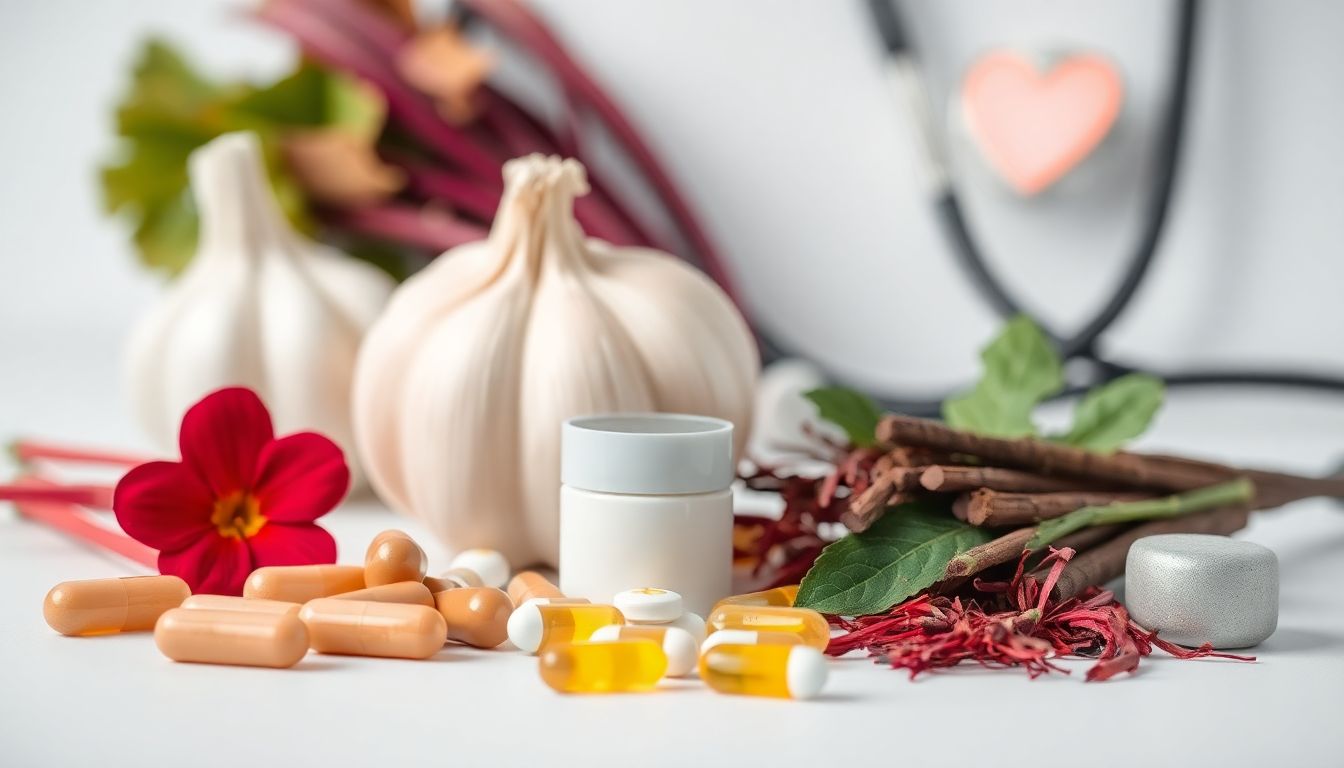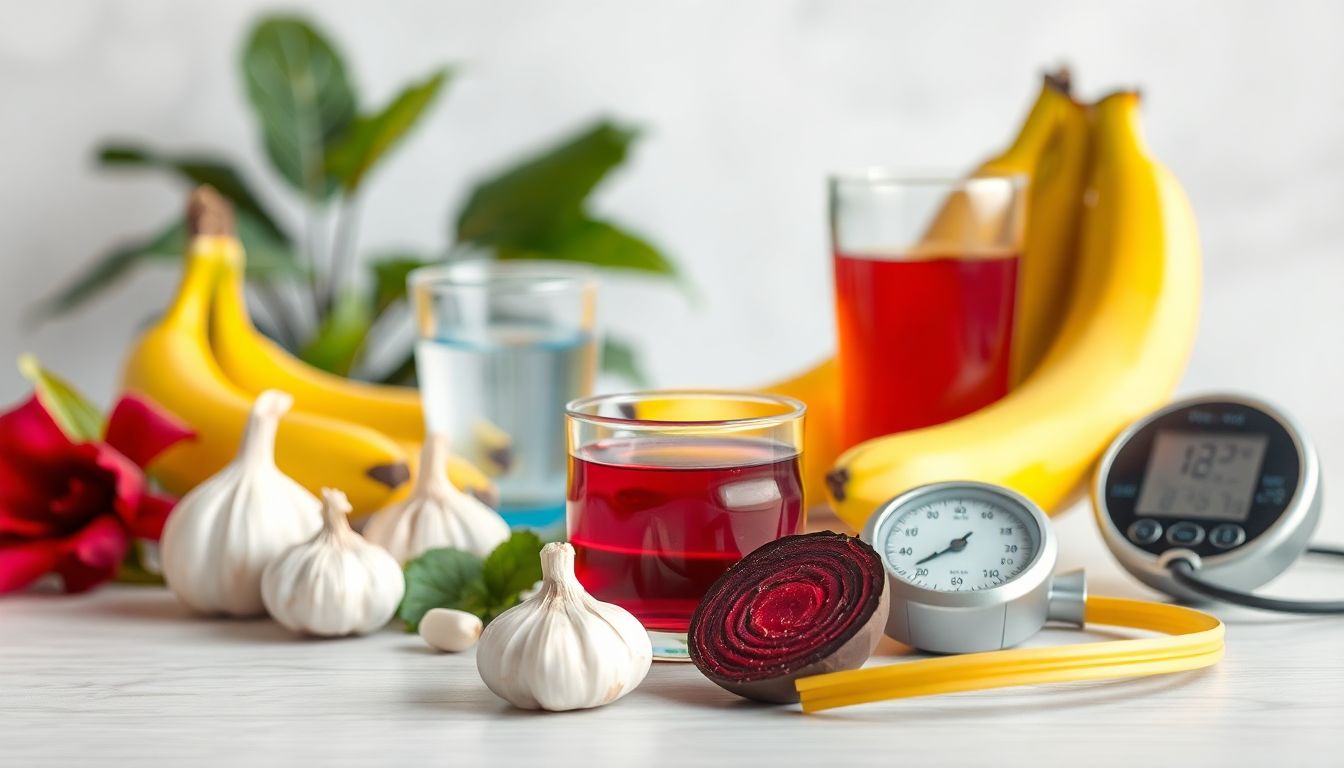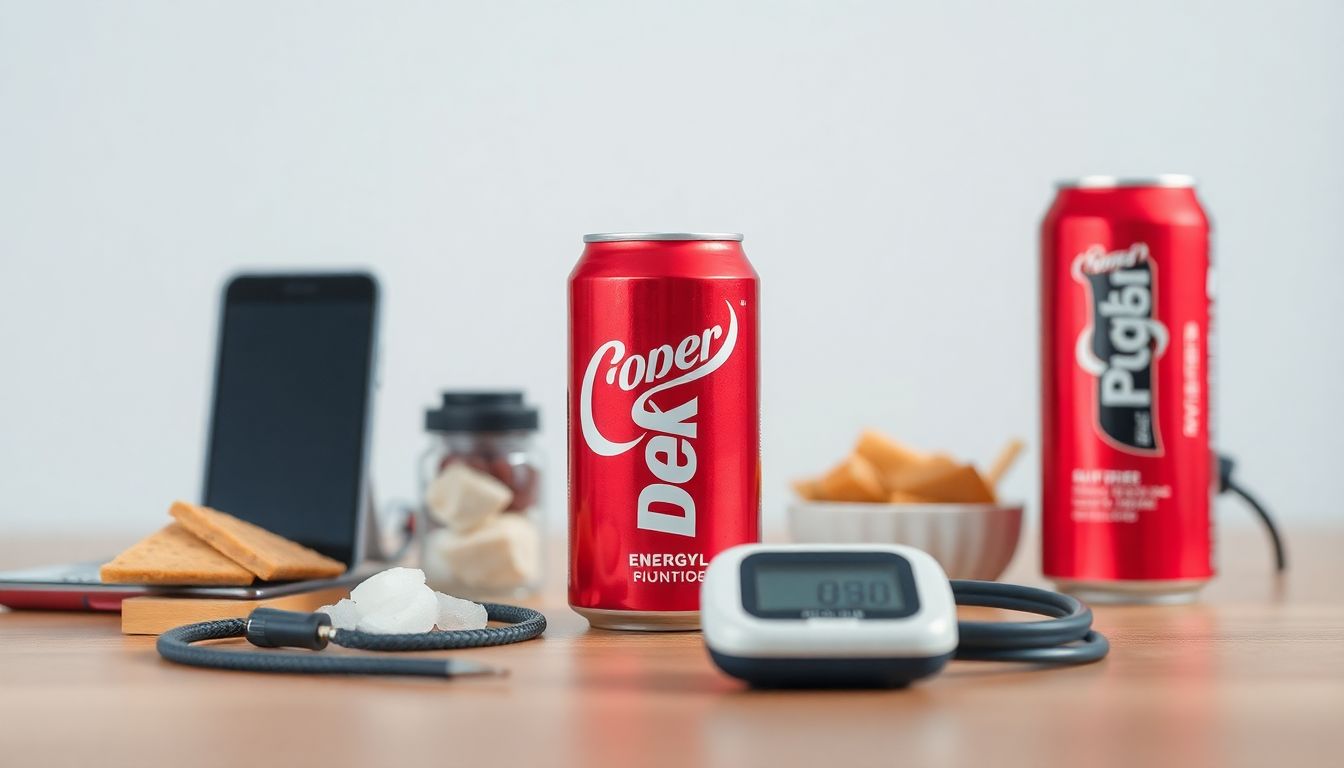Natural supplements for blood pressure are everywhere — from herbal teas to capsules claiming to support heart health.
But one question matters most:
Can supplements really lower blood pressure?
The truth is, while supplements aren’t magic pills, scientific studies show many can play a powerful supporting role in balancing blood pressure naturally — especially when combined with healthy diet and lifestyle habits.
In this article, we’ll explore what the research says, which ingredients actually work, and how to use supplements safely for best results.
(Related Reading: The Complete Guide to Lowering Blood Pressure Naturally)
⚕️ What Are Blood Pressure Supplements?
Blood pressure supplements are natural formulations made from vitamins, minerals, and plant extracts that help the cardiovascular system function optimally.
They typically target three key goals:
- Relax blood vessels to improve circulation
- Support heart cell energy and oxygen use
- Balance sodium–potassium ratios in the body
When used correctly, they can complement your doctor’s plan and help reduce the intensity or frequency of pressure spikes.
(Also read: Best Natural Supplements to Lower Blood Pressure)
🧬 How Supplements Help Regulate Blood Pressure
Most supplements work through one or more of these proven mechanisms:
| Mechanism | Effect on Blood Pressure |
|---|---|
| Nitric oxide support | Expands blood vessels for better flow |
| Antioxidant protection | Reduces arterial inflammation |
| Electrolyte balance | Regulates fluid pressure in cells |
| Stress reduction | Calms overactive nervous system |
| Heart energy production | Strengthens cardiac performance |
Let’s look at the most research-backed nutrients behind these effects.
🌿 1. Magnesium — The Natural Relaxer
Magnesium helps relax the smooth muscles of your blood vessels, allowing for better flow and lower pressure.
💡 Science says:
A review of 34 studies found magnesium supplementation reduced systolic blood pressure by 5 mmHg on average.
✅ Best sources: spinach, almonds, avocados, or a quality magnesium supplement.
(Coming soon: The Role of Magnesium in Blood Pressure Control)
❤️ 2. CoQ10 — The Heart’s Energy Molecule
Coenzyme Q10 (CoQ10) fuels every heart cell, improving oxygen use and reducing oxidative stress.
💡 Study insight:
Clinical trials show CoQ10 may reduce systolic pressure by 10–17 mmHg in hypertensive individuals.
✅ Best form: Ubiquinol (the most bioavailable version).
🌺 3. Hibiscus Extract — Nature’s ACE Inhibitor
Hibiscus tea and extracts contain anthocyanins and flavonoids that act similarly to prescription ACE inhibitors.
💡 Research shows:
Two cups of hibiscus tea daily for six weeks can lower systolic pressure by up to 10 mmHg.
✅ Bonus: Also reduces stress and supports healthy cholesterol levels.
🧄 4. Garlic — A Natural Vasodilator
Garlic increases nitric oxide production, helping blood vessels expand.
💡 Clinical evidence:
A 2020 meta-analysis confirmed that aged garlic extract can significantly lower both systolic and diastolic blood pressure.
✅ Pro tip: For best results, use standardized aged garlic extract or capsules.
🧘♀️ 5. Omega-3 Fatty Acids — Anti-Inflammatory Power
Omega-3s from fish oil reduce arterial stiffness and inflammation.
💡 Study insight:
Supplementing with 2–3 grams per day can reduce blood pressure by 4–6 mmHg and improve overall vascular health.
✅ Source: Wild salmon, chia seeds, or high-quality fish oil capsules.
🧠 6. Saffron — The Mood and Circulation Booster
Saffron, known for its antioxidant crocin compounds, helps improve blood vessel tone and reduces stress-related spikes in blood pressure.
💡 Bonus: Enhances mood, energy, and mental clarity.
✅ Found in: BP Zone® by Zenith Labs, a doctor-formulated supplement combining saffron with hibiscus, magnesium, and CoQ10.
(Also read: BP Zone® Review: Benefits, Ingredients, and Results)
⚖️ What the Science Says Overall
According to the American Heart Association, certain nutrients — especially magnesium, potassium, CoQ10, and omega-3s — have shown measurable blood pressure-lowering effects.
However, supplements are most effective when combined with:
- A low-sodium, high-potassium diet
- Regular exercise
- Stress management and good sleep habits
(See also: DASH Diet vs. Blood Pressure Supplements: Which Works Best?)
⚠️ When Supplements Should Be Used With Caution
Although natural, some supplements may interact with blood pressure medications or amplify their effects.
Always talk to your doctor before combining them.
(Related Reading: Is It Safe to Take Blood Pressure Supplements with Medication?)
🕒 How Long Until You See Results?
Most people notice small changes in energy and calmness within 2–3 weeks, and measurable improvements in blood pressure after 4–8 weeks of consistent use.
(Learn more: How Long Do Natural Remedies Take to Lower Blood Pressure?)
❓ FAQs — Can Supplements Really Lower Blood Pressure?
- Do blood pressure supplements actually work?
Yes — clinical research supports several natural ingredients like magnesium, CoQ10, and hibiscus for lowering blood pressure. - How long do supplements take to lower blood pressure?
Typically between 4–8 weeks of consistent use. - Can I take supplements instead of medication?
Not without medical supervision. Supplements are supportive, not replacements for prescriptions. - Are blood pressure supplements safe?
Most are safe when taken as directed, but always consult your doctor. - Which supplement lowers blood pressure the fastest?
Hibiscus and garlic show the quickest short-term effects, often within weeks. - Can magnesium alone lower blood pressure?
It can help reduce mild hypertension but works best with a healthy diet. - Do I need to take supplements forever?
No — use them as part of a long-term wellness plan with lifestyle changes. - What’s the best time to take supplements?
With food, preferably in the morning for energy and heart support. - Can supplements help if I already take medication?
Yes, under supervision. Some ingredients like CoQ10 and omega-3s enhance medication results safely. - Which supplement brand is best?
Doctor-formulated options like BP Zone® by Zenith Labs offer balanced, research-based formulas.
❤️ Final Thoughts
Yes — supplements can really lower blood pressure, but not on their own.
They work best as part of a holistic plan that includes a healthy diet, daily activity, stress management, and sleep.
The key is choosing clinically proven ingredients in the right dosages — and staying consistent.
When used wisely, supplements can become one of the most effective and natural ways to support long-term heart health.
(Also read: The Complete Guide to Lowering Blood Pressure Naturally)











